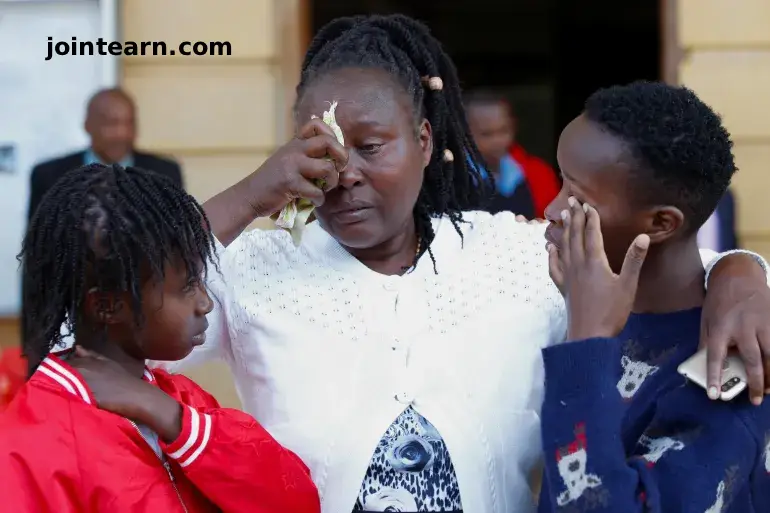
A former British soldier has appeared in a London court to contest extradition to Kenya, where he is wanted in connection with the 2012 murder of 21-year-old Agnes Wanjiru near a UK army training camp. The case, which has strained diplomatic relations between the United Kingdom and Kenya, has drawn international attention due to its decade-long delay in securing justice.
Background: The Murder of Agnes Wanjiru
Agnes Wanjiru, a single mother, was last seen at the Lion’s Court Hotel in Nanyuki, Kenya, in 2012, accompanied by a group of British soldiers. Her body was later discovered in a septic tank. According to a 2019 inquest conducted by a Kenyan magistrate, Wanjiru had been beaten and stabbed and was likely still alive when she was thrown into the septic tank.
In September 2025, Kenya issued an arrest warrant for Robert James Purkiss, 38, a former British soldier, and formally requested his extradition to face murder charges. This request reignited tensions between the two nations over the accountability of foreign military personnel stationed in Kenya.
Legal Proceedings in London
The UK’s National Crime Agency (NCA) confirmed that Purkiss was arrested by specialist officers on Thursday and appeared before Westminster Magistrates’ Court on Friday to begin extradition proceedings. He was remanded in custody until November 14 for the next hearing.
Purkiss, a married father of two, vehemently denies the murder charges. His lawyer, David Josse, stated that the former soldier has received funding from the UK Ministry of Defence to support his legal defense. Purkiss also informed the court that he does not consent to extradition.
Diplomatic and Political Implications
The case has highlighted the complexities of UK-Kenya military cooperation. Since Kenya gained independence in 1963, the UK has maintained a permanent army presence near Nanyuki through the British Army Training Unit Kenya (BATUK). While the base provides economic benefits to local communities, it has faced criticism for misconduct by soldiers and safety issues, including civilian injuries from unexploded ordnance.
The murder case has been politically sensitive, with previous UK governments facing scrutiny for allegedly shielding soldiers from prosecution under defense cooperation agreements. The current Labour government has pledged to cooperate with Kenyan authorities and ensure that the investigation reaches a fair resolution.
Public and Human Rights Reactions
The delayed justice has sparked outrage in Kenya, with Wanjiru’s family and human rights organizations arguing that the British defense arrangements have complicated accountability for soldiers stationed in the country. Advocacy groups have called for transparency and for ensuring that military personnel are not above the law when operating abroad.
This case continues to underscore the challenges of prosecuting alleged crimes by foreign military personnel and the tension between diplomatic agreements and human rights obligations.


Leave a Reply